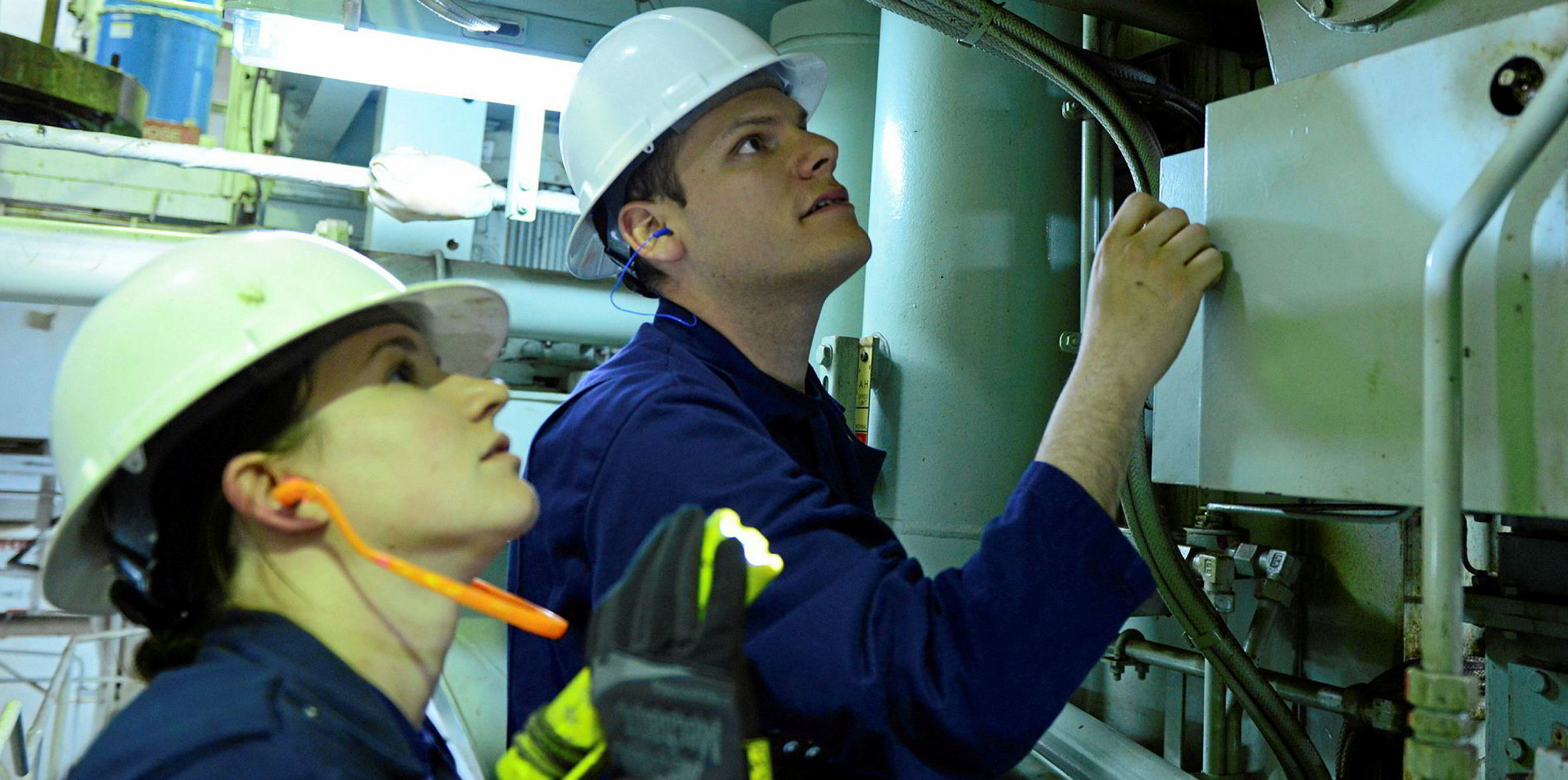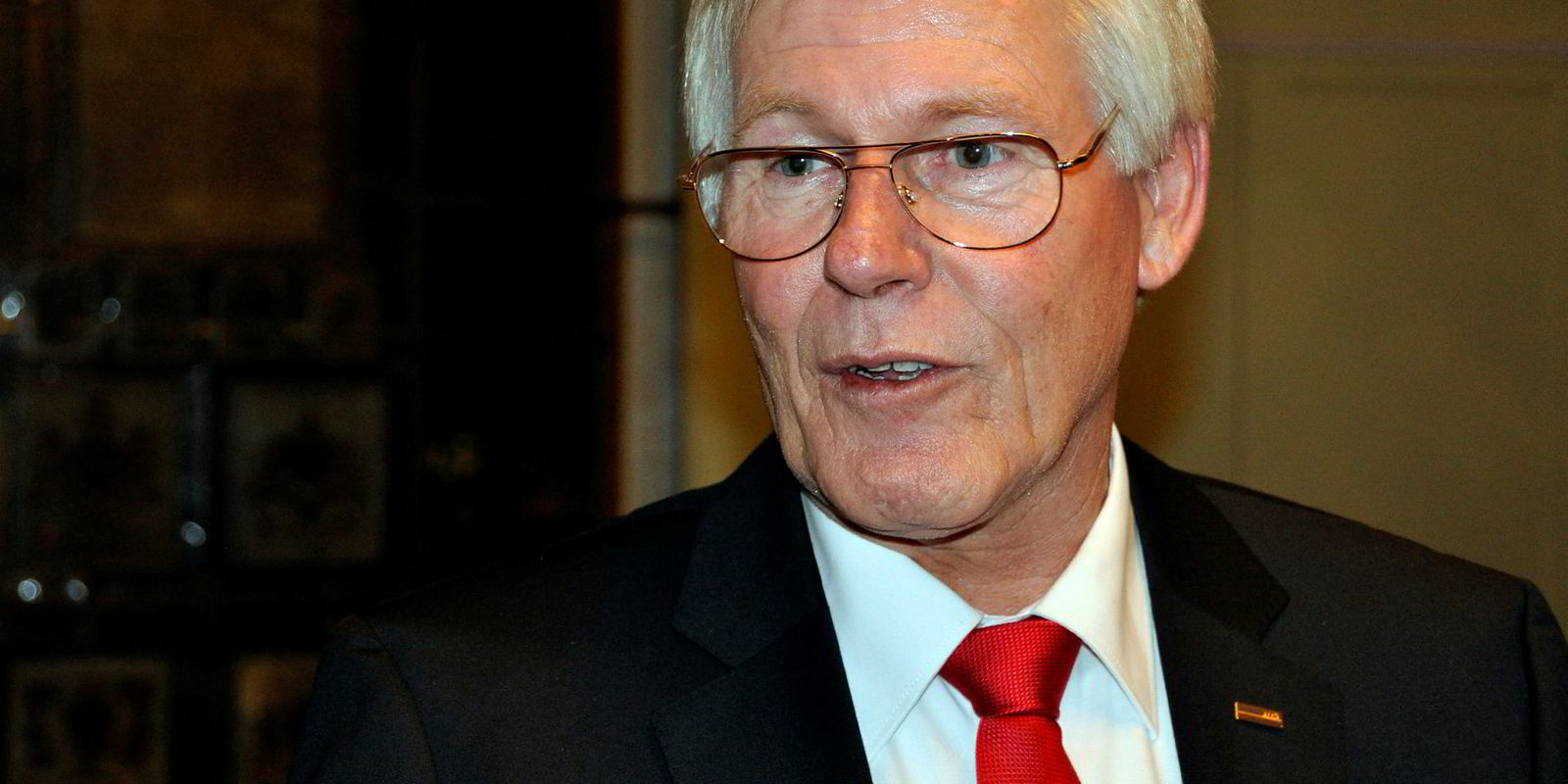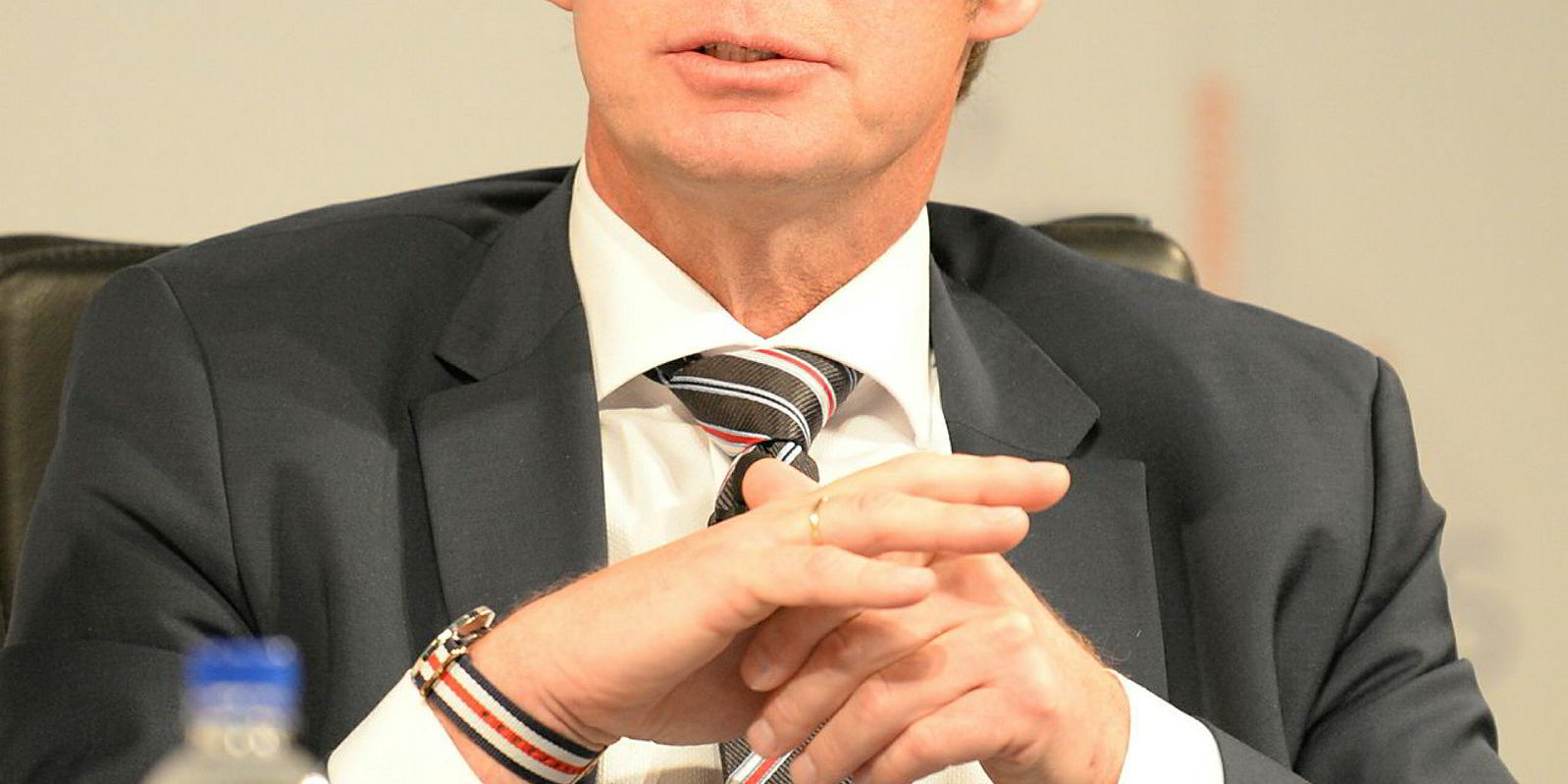The Paris MOU decision to pull its data feed is a paradoxical move for an organisation that uses transparency as a weapon in its battle against substandard shipping.
The name-and-shame strategy of exposing ships that fall foul of port state control inspections adopted in the 1990s has been an important factor in improving the quality of shipping in European waters and reducing casualties, experts say.
The organisation has made information on ship compliance with international conventions freely available to the main commercial decision-makers in the industry — from brokers and charterers to insurers — and has helped them make better-informed decisions on quality shipping.
Although that information is still available on its website, the Paris MOU appears to be taking the first steps to limit access to it by ending its bulk data feed.
The organisation was not available to explain its decision. However, it is understood that only a few of its 27 member states are unhappy with the way the data is being used commercially and want to limit it.
One end-user, who has spoken to the Paris MOU, said he hoped the member states could be persuaded to reverse the decision in the near future.ber states could be persuaded to reverse the decision in the near future.





